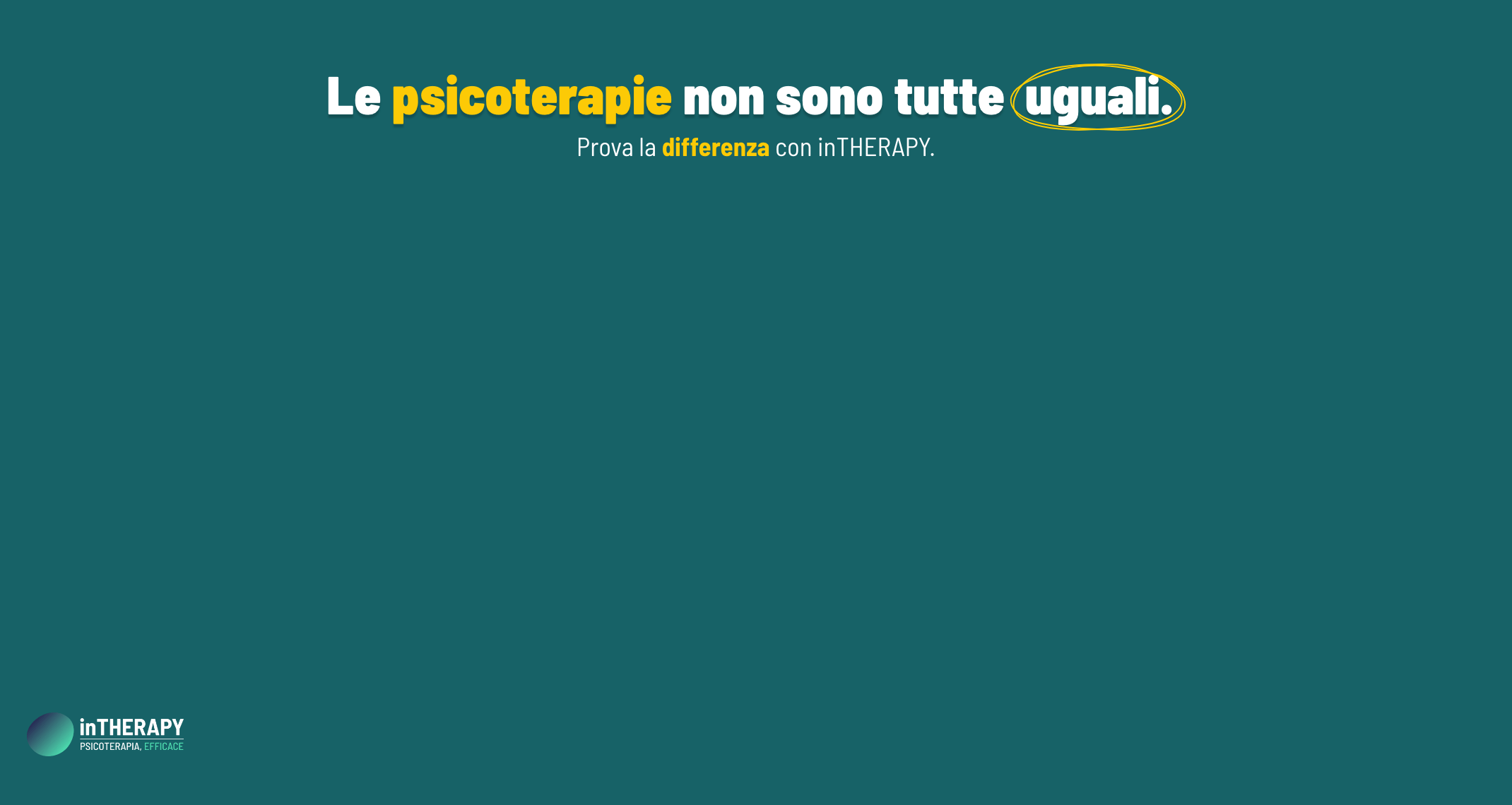– READ PART 1 –
 Family History and Anxiety – In addition to anxiety in general, studies have examined the familial history if individuals with social phobia.
Family History and Anxiety – In addition to anxiety in general, studies have examined the familial history if individuals with social phobia.
Family studies have shown specificity in familial aggregation of social phobia. Reich and Yates (1988) examined the family histories of three groups of individuals: 1) panic disorder; 2) healthy controls; 3) social phobia. The family histories revealed those with social phobia had more relatives with social phobia than both panic disorder and control relatives.
Using DSM – III diagnostic criteria, Fyer, and colleagues (1993) interviewed first-degree relatives of 83 individuals with social phobia and 231 healthy controls.

The results revealed a 16% risk of developing social phobia for individuals with a family member who had a social phobia diagnosis, compared to 5% for those with no history of a mental illness. Importantly for transmission specificity, this increase in risk was only associated with social phobia and not associated with any other anxiety disorder.
Stein, and colleagues (1998) used DSM-IV diagnostic criteria and examined the family aggregation of social phobia. Interviews were conducted with 106 first-degree relatives of 23 patients with social phobia and 74 first-degree relatives of 24 participants without social phobia. This study aimed to examine the family history of the two social phobia subtypes: 1) performance; 2) generalized. The results demonstrated that 26.4% of the 106 first-degree relatives of the social phobia sample had generalized social phobia themselves, compared to 2.7% of the 74 first-degree relatives without social phobia.
In regard to the familial aggregation of performance social phobia, 14.2% of the 106 first-degree relatives of the social phobia sample had performance social phobia themselves, compared to 14.9% of 74 first-degree relatives of probands without social phobia.
Although conclusions from family history studies are to be interpreted with caution because they are retrospective, these studies (Reich et al. 1988; Fyer et al. 1993; Stein et al. 1998) demonstrate the familial aggregation of anxiety and specificity of social phobia. However, further evidence of intergenerational aggregations is needed using both top-down and bottom-up methodology.
ATTACHMENT SERIES – ANXIETY DISORDERS
REFERENCES:
- Fyer, A. J., Mannuzza, S., Chapman. T., Liebowitz, M. R., & Klein, D. F. (1993). A direct interview family study of social phobia. Archives of General Psychiatry, 50, 286 – 293.
- Reich, J., & Yates, W. (1988). Family history of psychiatric disorders in social phobia. Comprehensive Psychiatry, 29, 72 – 75.
- Stein, M.B., Cartier, M.J., Hazen, A, L., Kozak, M.V., Tacer, M.E., Lander, S., Furer, P., Chubaty, D., & Walker, J. R. (1998). A direct interview family study of generalized social phobia. American Journal of Psychiatry, 155, 90 – 97.


